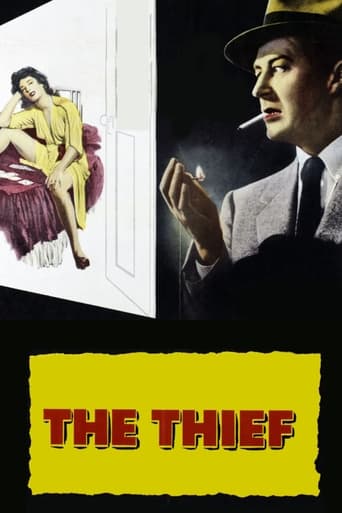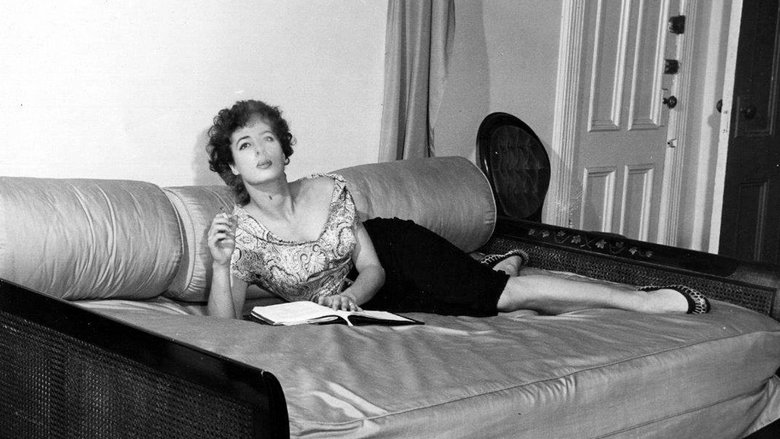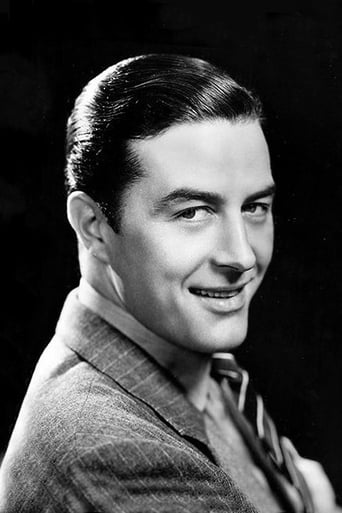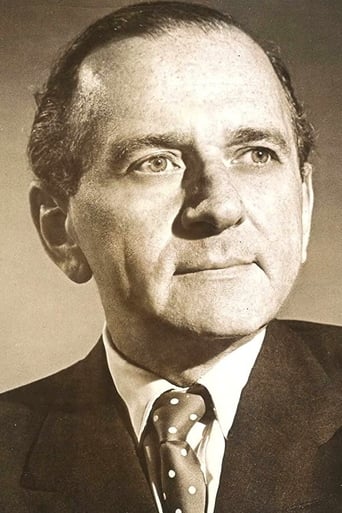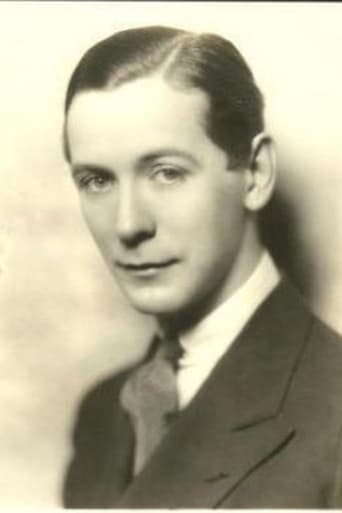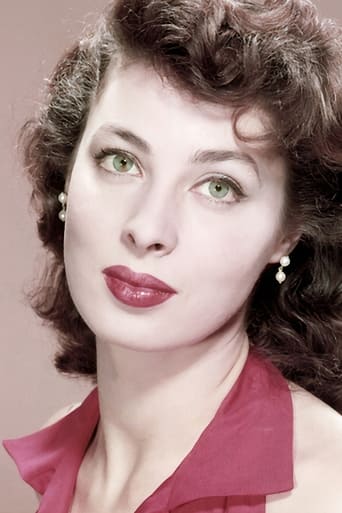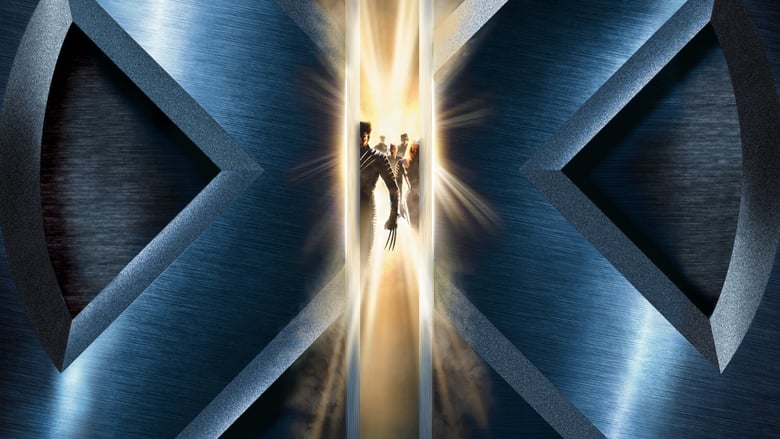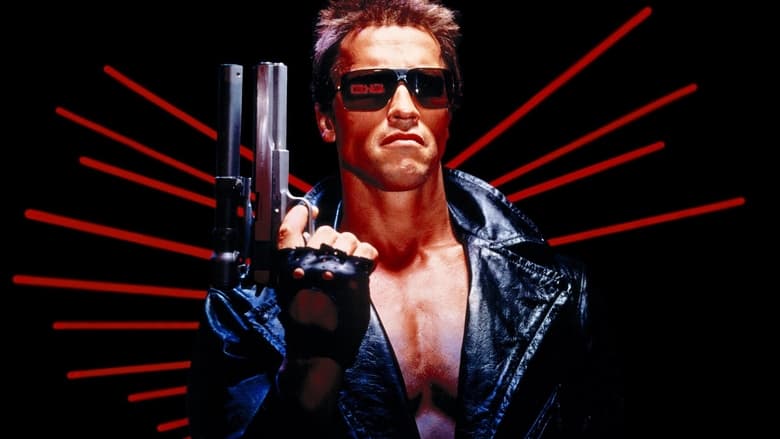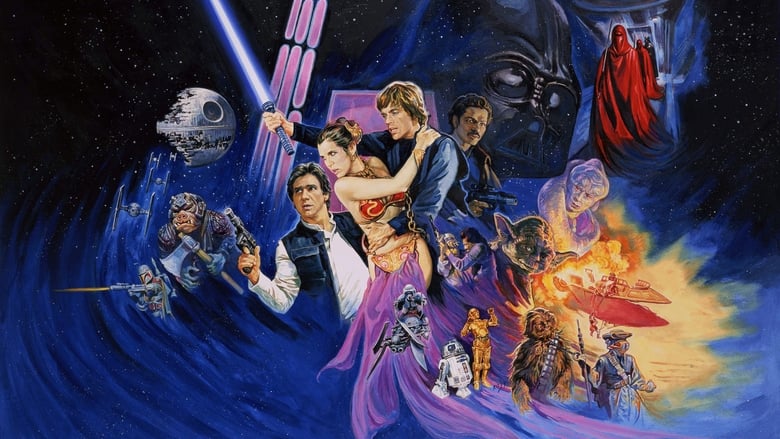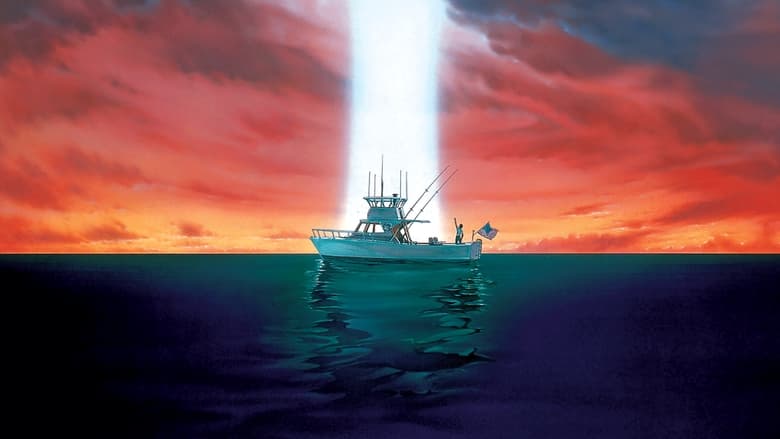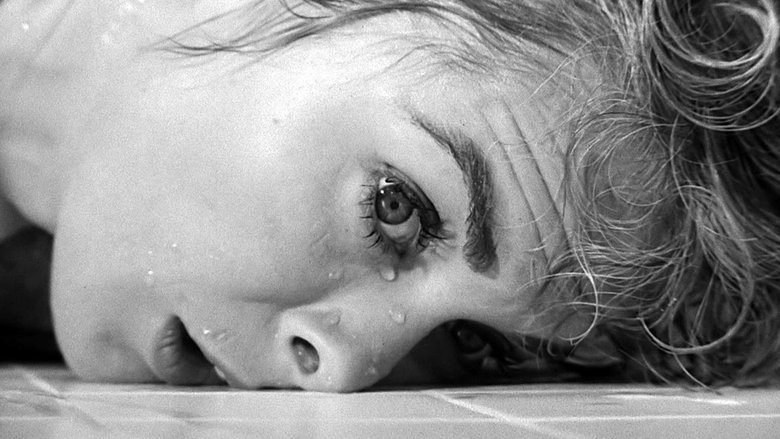A chance accident causes a nuclear physicist, who's selling top secret material to the Russians, to fall under FBI scrutiny and go on the run.


Similar titles
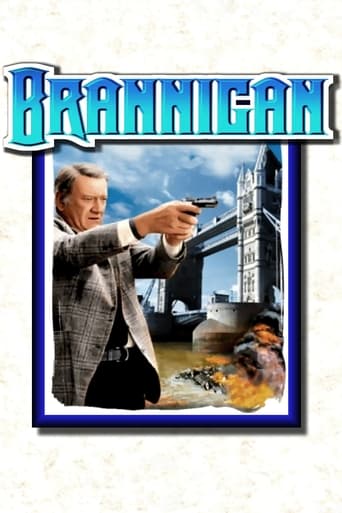
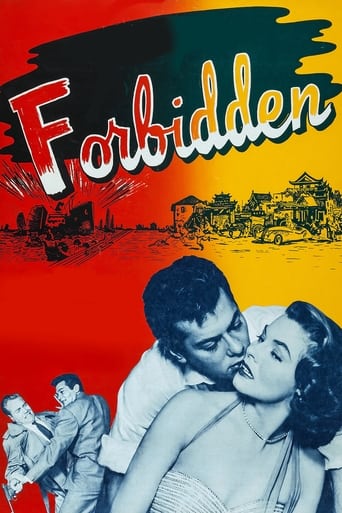
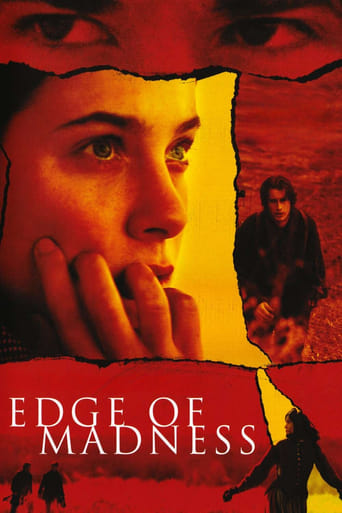
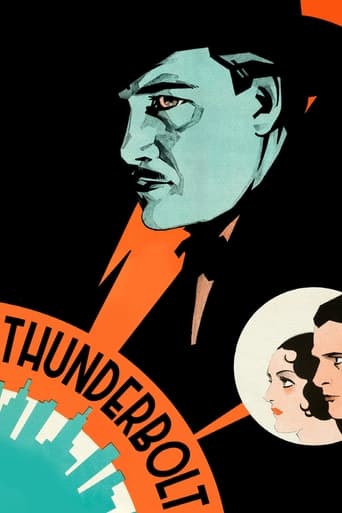
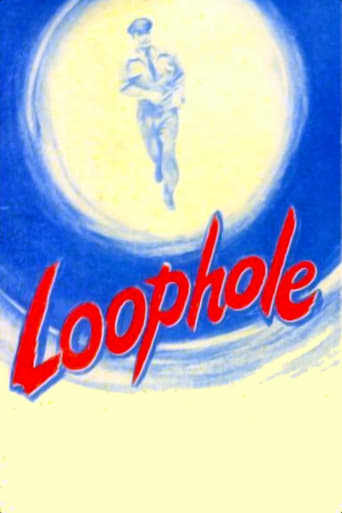
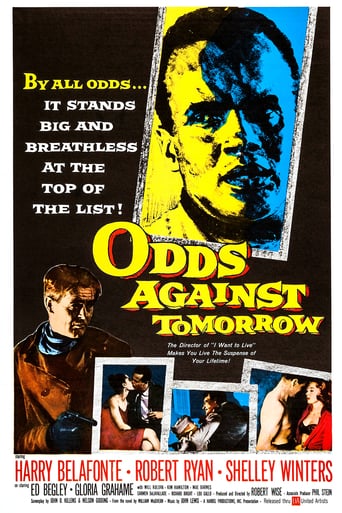
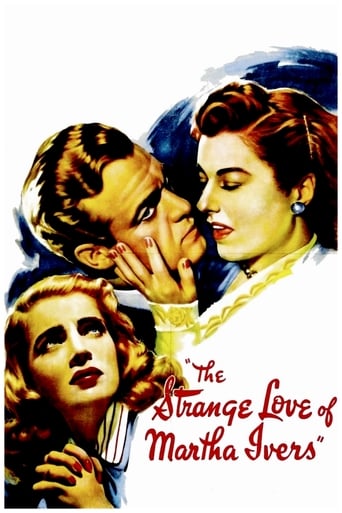
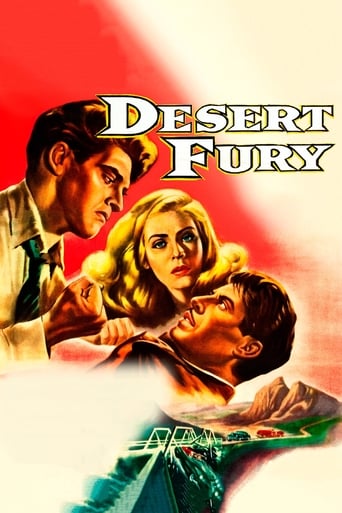
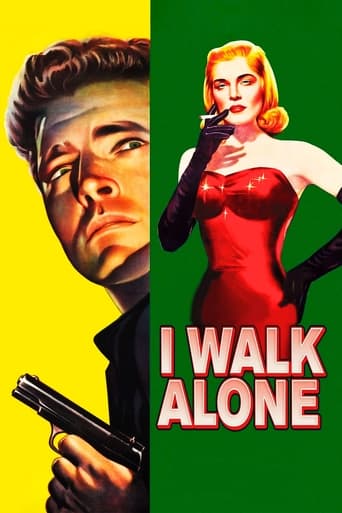
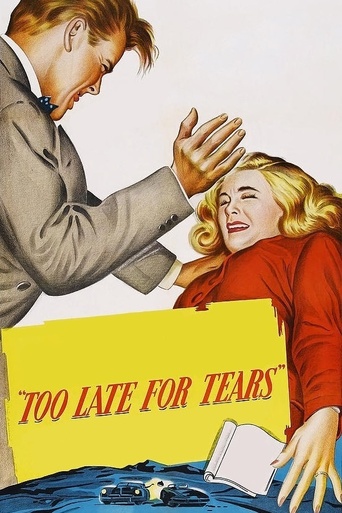
Reviews
Ray Milland is a nuclear physicist who's been selling top secret material to the Russians. His story is told here without dialogue in this very ambitious and rewarding little film. His performance and the film score work well together and keep the viewer's interest. It's amazing how so much can be told without the mechanics of speaking. And, for as many films as I've seen, the chase sequence is one of the most intense I've ever seen, primarily by its use of silence and Ray's intensity. If you've never seen this very unusual film, then you are missing one of the best examples of film noir, buoyed by its distinction of no dialogue, but well makes up for it with its grade-A treatment of the story and its ability to use its surroundings as part of the story. Another Ray Milland winner!
"The Thief" (1952) is directed by Russell Rouse, who co-wrote the classic "D.O.A" (1950), and stars Ray Milland. Its main point of interest, and to be brutally honest, the only reason this film is remembered and watched is that this film noir contains not one line of dialogue. It has many sound effects and background noises but no one actually speaks. Before viewing, I did worry that this might become annoying and an overextended gimmick. However, it never does and it is handled extremely well.The plot is quite sophisticated for a film that relies on no dialogue. Written by Clarence Greene and Rouse, it has a nuclear physicist (Milland) working in Washington D.C. who spies for an unnamed foreign country. However, the pressure is great and he is unsure where is true allegiances are.Milland is very good in a role that is all about body language and facial expression. The real highlight though, is the superlative cinematography by the great Sam Leavitt, who also shot, amongst others, "Anatomy of a Murder" (1959), "The Crimson Kimono" (1959) and "Major Dundee" (1965). Full of pools of darkness and high contrast location shooting, this is a beauty to behold and reason enough to watch it.The direction, acting and photography all combine to make this one Film Noir not to miss.
'The Thief (1952)' sets itself apart from other Cold War-era thrillers – and, indeed, from most films released after 1930 – because it unfolds entirely without dialogue. Directed by Russell Rouse, the film uses its deliberate silence, not merely as an unusual gimmick, but as a legitimate storytelling device, to internalise the guilt, fear and frustration of its protagonist. In most films, characters get worries off their chests simply by talking to others – but to whom can Allan Fields talk? Not to his fellow Communist spies, who must never be seen in his company, and whose convictions he doesn't necessarily share. Certainly not to friends or family, whose way-of-life he is betraying to the enemy. Lonely and segregated, Fields (Ray Milland) simply goes about his painful duties, his inner torment consistently repressed behind a strained pretense of nonchalance. Only when he murders a young FBI agent does his anguish spill forth into physical and verbal form, in a pitiful outpouring of grief and emotion.Despite a slow first half, in which Fields' typical espionage duties are introduced via a lot of silent waiting, 'The Thief' picks up substantially once the American authorities catch wind of his crimes. Rouse cultivates some truly thumping suspense sequences, including a magnificent stairway pursuit up the then-tallest building in the world, the Empire State. This breathless flight from the 88th floor observatory to the 102nd floor, and beyond, serves as a convenient allegory for Fields' Communist involvement. As an FBI agent rushes in pursuit, Milland's character tries repeatedly to escape through service doors on each floor, only to find them locked each time. Throughout the film, despite wishing to abandon his treasonous practices, Fields consistently finds his path to freedom blocked, his only option to continue what he's been doing, further implicating himself with each staircase he ascends. When inevitably cornered high above New York City, ironically defenseless at the pinnacle of human achievement, Fields desperately lashes out at his aggressor, and does the unthinkable.In spite of my reservations that only a low-budget film could get away with such an anachronistic style, 'The Thief' does, in fact, boast excellent production values. Sam Leavitt's cinematography is graceful but with an edge of documentary-realism. I particularly enjoyed the lurid confusion of Fields' nervous breakdown (perhaps a nod to Wilder's 'The Lost Weekend (1945)'), with an increasingly-claustrophobic Milland filmed from above like an insignificant pawn, as specks of blood appear to permeate the walls. Despite his Oscar, Ray Milland is one of his generation's most underrated leading men, and he handles an exceedingly difficult role with poise and empathy: just watch Fields' pang of guilt every time he glances at the Capitol Dome, a symbol of American nationalism. Despite its sympathetic portrayal of a Commie spy, the film is nevertheless patriotic, as it must have been at this time. Indeed, Fields' ultimate decision to confess everything to the FBI comes not with the realisation that he is a bad person, but the realisation that he is a bad American.
'The Thief' is a gimmick film, and the gimmick is more interesting than the film itself. Without the gimmick, this movie is a fairly banal Cold War drama. The central character is an American nuclear physicist (played by Ray Milland) who, at regular intervals, gives classified information to spies for a foreign power. (The enemy nation is never identified, but surely it's either the Soviet Union or a Soviet satellite nation acting as intermediary for the Kremlin.) Eventually the physicist's guilt and his latent patriotism overcome his other motivations, and he turns himself in.The gimmick is that this feature-length film tells its story without any dialogue. I've seen at least one reference book which lists 'The Thief' as a silent film. That's incorrect; 'The Thief' has a soundtrack, with conventional ambient sound throughout the film, and occasional human noises such as grunts and screams ... but no coherent dialogue.The gimmick is an interesting one, but it becomes wearying. On at least three occasions in this movie, Milland's character is home alone when his contact man rings him up. We see Milland staring in horror at the 'phone as it rings. And it rings. And it rings some more. Once we realise that there's never going to be any dialogue in this movie, we also realise that Milland isn't going to pick up the 'phone. It's not quite clear what's happening here. Is Milland allowing the 'phone to ring, unanswered, because the number of rings constitutes some sort of signal between Milland and his contact man? Or is Milland supposed to answer the 'phone, but he's too gutless to pick it up? Anyway, each time the ring-ring routine commences, it always ends the same way: eventually the scene fades out (with the 'phone still ringing), and then we fade in to Milland on his way to the next rendezvous. At several other points in the film, the narrative gets bent out of shape to enable the action to proceed without dialogue, in a situation where plausibility makes dialogue essential. (By the way, I *really* dislike any movie in which a 'phone keeps ringing or a baby keeps crying, and we're forced to listen to this because nobody on screen responds to the situation.)'The Thief' benefits from some extremely realistic locations, notably in one sequence in which Milland drops off his microfilm by sticking it in a drawer of a card catalogue in a reference library. Dozens of people are present, and none of them notice what he's doing. (Also, the hushed atmosphere of the library makes the movie's no-dialogue gimmick - in this particular scene, at least - very plausible.) The contact man in this scene is played by Martin Gabel, an American actor who affected a crisp mid-Atlantic accent; it's interesting to see Gabel here in a role that doesn't rely on his distinctive speaking voice. There's also a suspenseful sequence in which Milland must climb an outdoor stairway to deal with a 'tail' who's been surveilling him.On the negative side of the ledger, we get that old atom-bomb cliché which has afflicted other movies better than this one, including 'Torn Curtain' and 'Pickup on South Street': namely, that a mathematical formula is somehow so powerful that spies will want to steal it. That's nonsense, that is. The atomic-bomb secrets which were bandied about by Rudolf Abel and Julius Rosenberg were specific engineering schematics of military ordnance. In 'The Thief', Milland is just peddling algebraic equations ... and we're expected to believe that these fiddly bits of maths can somehow change the balance of power.The basic implausibility of this film's premise, strained even farther by the no-talking gimmick, is made a lot more bearable by the documentary-style cinema-verite techniques used throughout. Not one shot in this film looks like a studio set-up. At one point, one of Milland's contacts (who has just picked up the latest microfilm) steps into a crossing and blunders into the path of an uncoming vehicle. A woman pedestrian sees this, and she reacts. Because of the no-dialogue gimmick, which makes this seem like a silent film with dubbed-in sound effects, I expected her to react silently. Impressively, she screams; the movie would have lost all remaining plausibility had she not done so.Ray Milland (a seriously underrated actor, despite his Oscar) gives a strong performance in a role which allows him only a very limited emotional range and no dialogue at all. 'The Thief' would have been much more plausible if it had skipped the no-dialogue gimmick and told this movie conventionally. But without the gimmick, this would be a much less interesting film: the gimmick is much more compelling than anything else that's on offer here. I'll rate 'The Thief' 6 points out of 10.
